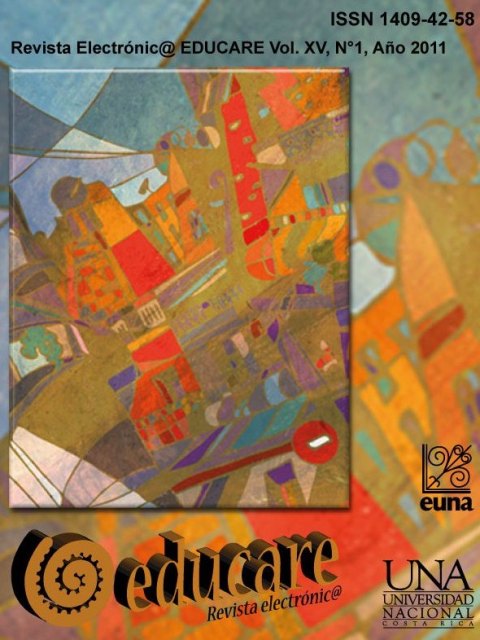Beyond gender
DOI:
https://doi.org/10.15359/ree.15-1.11Keywords:
gender, non-formal education, socialization, identityAbstract
The purpose of this essay is to describe, based on the everyday life, the influence of words in popular songs and highlight, at the same time, that what we see, hear and live everyday are powwerful tools of long-lasting learning in the construction of gender-related cultural representations. The study emphasizes the influence of popular song lyrics in the construction of male identity, and how that determines the relations between men and women. It points out the need to break stereotypical gender models, which generate violence against women and some men in the context of a patriarchal society, to pursue a more democratic and equitable society based on the principle of equality.
References
Benedetti, M. (1986). Inventario. México: Editorial Nueva Imagen, S.A.
Boff, L. (2002). Ecología: grito de la Tierra, grito de los pobres. Madrid: Editorial Trotta.
Capra, F. (1998). El punto crucial. Buenos Aires: Editorial Troquel.
Díaz, R. (25 de septiembre al 2 de octubre de 2005). Sexo en el punto. La Nación.com Recuperado
de http://wvw.nacion.com/teleguia/2005/septiembre/25/reportaje.html
Lamas, M. (1994, septiembre). Cuerpo: diferencia sexual y género. Debate Feminista, 10, Año 5,
-31.
Lozanov, G. (2005). Sugestopaedia-Desuggestive Teaching. Comunicative Method on the level of
the children reserves of the human mind [Enseñanza sugestopédica-desugestiva. Método
comunicativo en el nivel de las reservas de los niños de la mente humana]. Viena, Austria:
International Centre for Desuggestology.
Mouffe, C. (2001). Feminismo, ciudadanía y política democrática radical (Cap. 5). En El retorno de
lo político. Comunidad, ciudadanía, pluralismo, democracia radical (pp. 77-93). Recuperado
de http://es.scribd.com/doc/35319784/Mouffe-Chantal-El-retorno-de-lo-politico
Downloads
Published
How to Cite
Issue
Section
License
1. In case the submitted paper is accepted for publication, the author(s) FREELY, COSTLESS, EXCLUSIVELY AND FOR AN INDEFINITE TERM transfer copyrights and patrimonial rights to Universidad Nacional (UNA, Costa Rica). For more details check the Originality Statement and Copyright Transfer Agreement
2. REUTILIZATION RIGHTS: UNA authorizes authors to use, for any purpose (among them selfarchiving or autoarchiving) and to publish in the Internet in any electronic site, the paper´'s final version, both approved and published (post print), as long as it is done with a non commercial purpose, does not generate derivates without previous consentment and recognizes both publisher's name and authorship.
3. The submission and possible publication of the paper in the Educare Electronic Journal is ruled by the Journal’s editorial policies, the institutional rules of Universidad Nacional and the laws of the Republic of Costa Rica. Additionally, any possible difference of opinion or future dispute shall be settled in accordance with the mechanisms of Alternative Dispute Resolution and the Costa Rican Jurisdiction.
4. In all cases, it is understood that the opinions issued are those of the authors and do not necessarily reflect the position and opinion of Educare, CIDE or Universidad Nacional, Costa Rica. It is also understood that, in the exercise of academic freedom, the authors have carried out a rogorous scientific-academic process of research, reflection and argumentation thar lays within the thematic scope of interest of the Journal.
5. The papers published by Educare Electronic Journal use a Creative Commons License:














 The articles published by Educare Electronic Journal can be shared with a Creative Commons License:
The articles published by Educare Electronic Journal can be shared with a Creative Commons License: 



